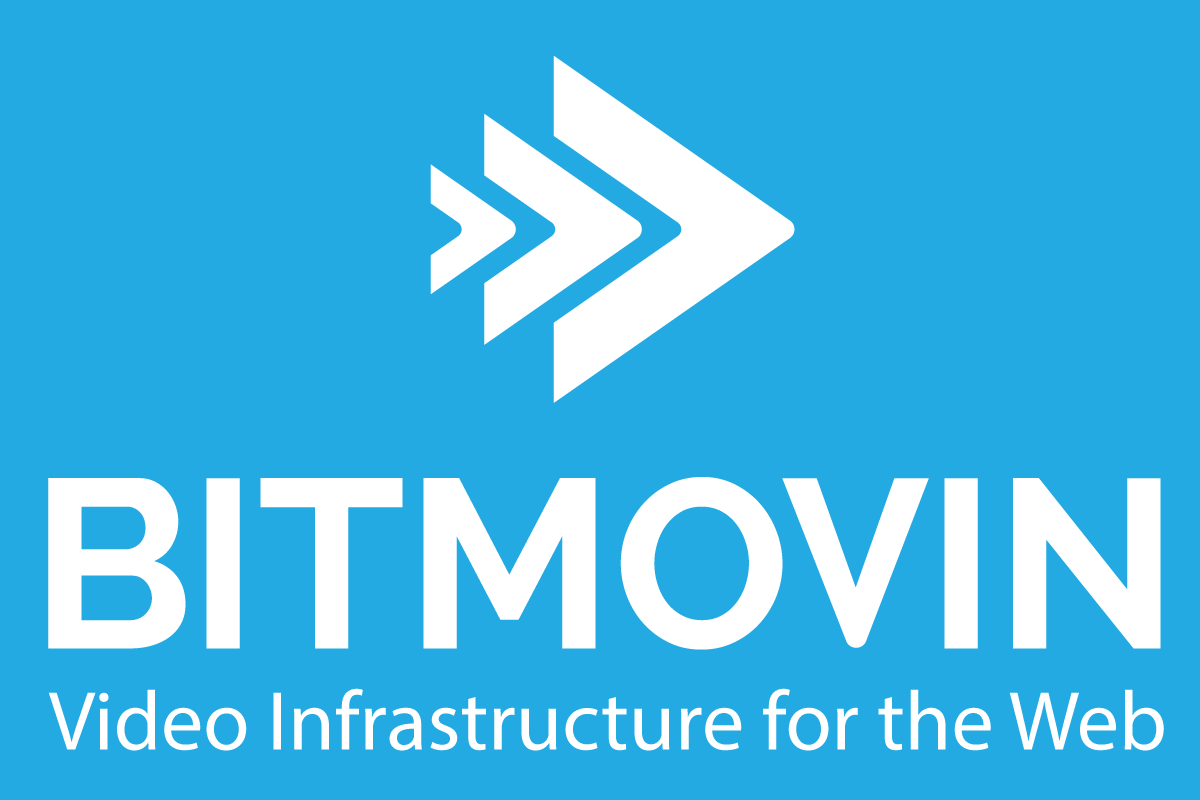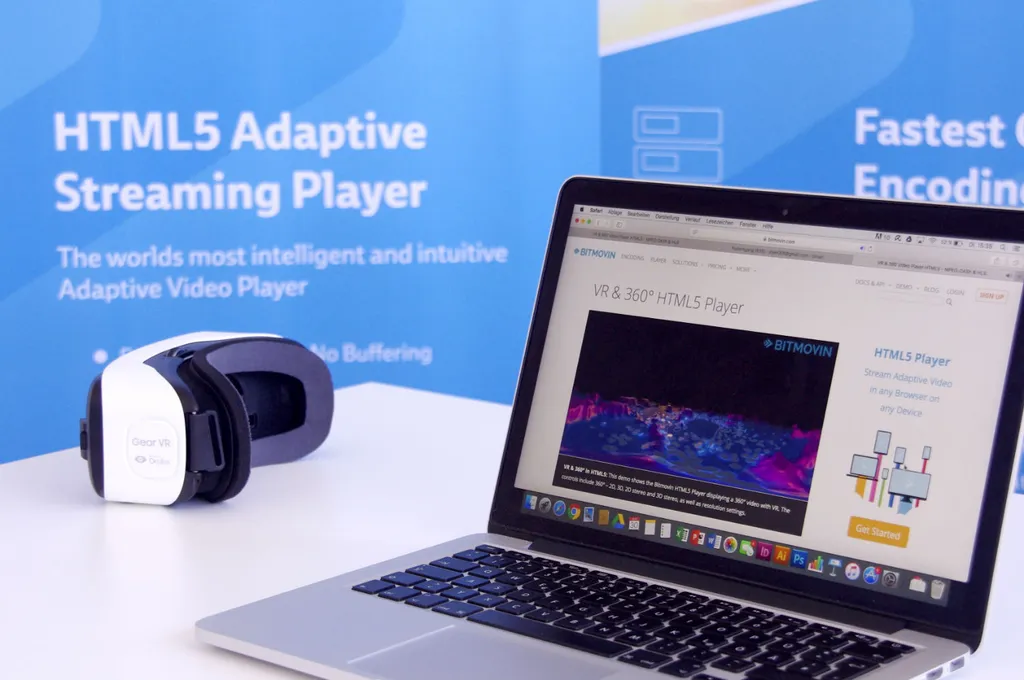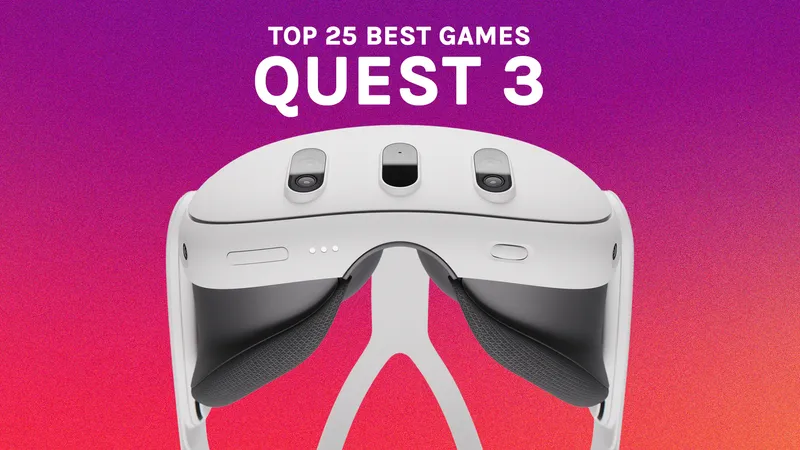360-degree videos could be incredible in VR when viewed with no bottlenecks between the camera and headset. Unfortunately, there are a lot of bottlenecks. The way video is funneled to your headset basically means any time you see a panoramic video in VR it isn’t anywhere near the original capture quality. This content type is also generally not interactive, so when you combine poor transmission quality with lack of interactivity, you wind up with something that’s far less compelling than it could be.
Bitmovin just raised $10.3 million to help fix the streaming problem and make video transmission more efficient elsewhere on the Internet too. 
“VR is currently the major topic of interest for most of our customers and we are investing heavily in the area,” said Stefan Lederer, CEO of Bitmovin, in an email. “We will release our 4k livestreaming infrastructure for VR in the next few weeks, together with further VR-specialized stream optimization features such as tiled-based streaming, native Unity frameworks, etc.”
The Series A round is led by Atomico with Unity founder David Helgason, Former Netflix Engineering VP Chris Kaiser and Former Cisco CTO Edward Kozel participating in the round. Existing investors Dawn Capital, Speedinvest, and Y Combinator all contributed as well. The money will be used “to accelerate the development of video playback technologies for existing and new platforms, including 360-degree video,” according to the company.
“We want to be THE infrastructure for 360-degree and VR video in the future, connecting the new cameras entering the market with the headsets to watch it, focusing on developers and content providers to help them bring their content to their viewers in the best quality possible,” Lederer wrote.
Bitmovin claims that its technology can reduce loading times and prevent buffering while also increasing video quality for the viewer. The company was founded in 2013 and is based in Palo Alto, California and Klagenfurt, Austria.


























